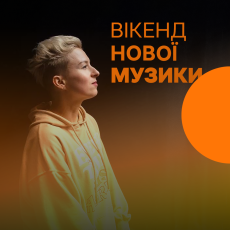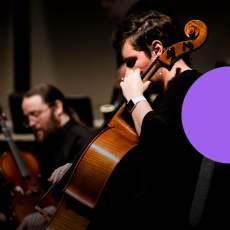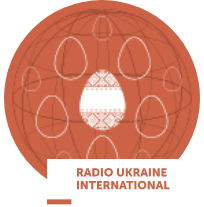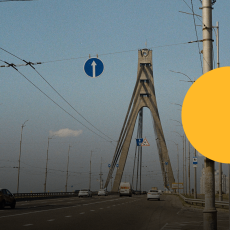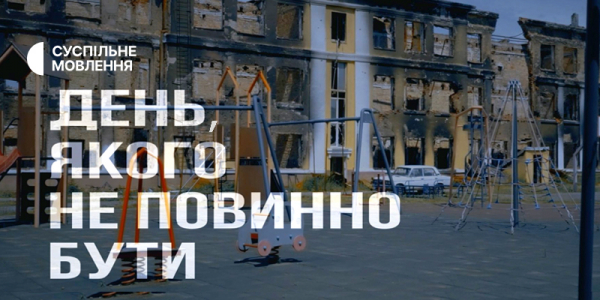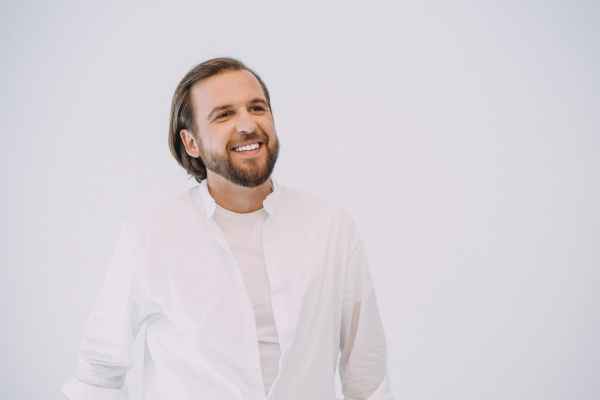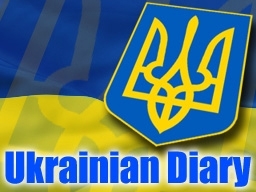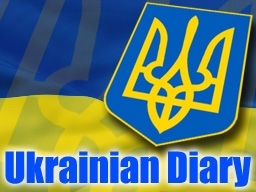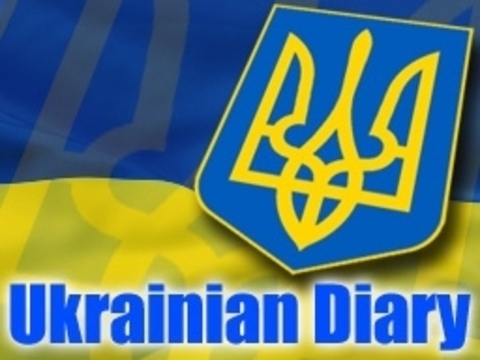1. Situation in Donbas – Weekly Review
Over the past week the situation in Ukraine’s war-torn Donbas region has remained tense, as armed pressure by Russia-backed militants, and hence the number of ceasefire violations persist. In the beginning of the week the center of military activity has moved from the Donetsk to Luhansk sector of defense, where enemy strikes from grenade launchers, big-caliber machine guns and other weapons were recorded near the town of Stanytsya Luhanska, and the villages of Novooleksandrivka and Triohizbenka. The intensity of the enemy’s activity has significantly increased by the middle of the week: 41 enemy strikes were recorded on Thursday, with the hot spots concentrated in Donetsk sector. This tendency remained till the end of the week. Uarmy positions have been targeted particularly near the industrial town of Avdiivka, the villages of Pisky, Zaytseve, Maiorsk, Verkhniotoretske and others have also suffered from the enemy’s shelling. In the Mariupol sector, the enemy activity has also been substantial. The majority of enemy strikes has been recorded near Shyrokyne. According to reports by DM spokespeople, Uarmy returned fire from non-banned weapons throughout the week. Reporting from the Donbas region, Deputy Chief Monitor of the OSCE SMM Alexander Hug has spoken about real people living in the Donbas on Friday. The increase of civilian casualties by 15% compared to the same period last year was recorded by the SMM. Alexander Hug said, “Positions in residential areas mean only one thing: civilian casualties and destruction of civilian homes and infrastructure. Winter is coming – there is no gas to heat homes in many places along the contact line.“
Being currently on a visit to the Donbas region, which purpose is set for assessing the security situation along the contact line and its impact on the lives of the civilian population, Hug has underlined the mission’s goal for dialogue facilitation. “I believe there are people of good will on both sides that trying their best to bring to an end this madness. But the reality on the ground undermines their efforts and best intentions. Violence is contagious and no amount of good will can stop it. The only thing that can is removing the things underpinning it, namely the presence of weapons and theproximity of the sides. Also a meaningful dialogue,” Alexander Hug said.
One of the tasks within the visit was meeting the members of the armed formations, however, according to him, they have refused to meet so far.
October 14th, Defender of Ukraine Day was marked all over the country. The date was introduced as an official holiday in 2014 in order to replace the one that derives from the Soviet Defenders Day. October 14th also combines other historical, popular and religious dates in this festive weekend, such as the major Christian feast of the Virgin of Mercy, the anniversary of Ukrainian Insurgent Army’s founding, and Ukrainian Cossacks Day. Meanwhile in the war zone, there’s no holiday, say Ukrainian soldiers in an interview with Ukrainian TV News Service. “Our festivity is when cooking oneself a dinner, or waking up and being alive – that’s a festive occasion”, told Ukrainian soldier to TSN News Service.
2. Ukraine’s President Urges PACE Not To Return To 'Business As Usual' With Russia
Ukraine’s President Petro Poroshenko delivered his speech at the ongoing session of the Parliamentary Assembly of the Council of Europe in Strasbourg on Wednesday. He told about the situation in Ukraine and the current state of affairs in eastern Ukraine. He said that Russia imposes a security threat to the whole Europe. “The aim of the Russian aggression is to destroy democracy, liberal freedoms and human rights. We have no right to fail against this challenge”, as Petro Poroshenko explained. He said, “ Moscow continues to turn the blind eye to its commitment under the Minsk agreement. Military forces are still on the territory of Ukraine both in Crimea and in Donbas. Military assets are still delivered to illegal entities created by Russia, and every day we receive more worrying news on the blatant human rights violations on the occupied territories. “
The president expressed his gratitude to the international institutions and foreign partners for their solidarity in protecting Ukraine against the Russian aggression. He also paid a special attention to the illegally annexed Crimea where a number of international organizations records human rights violations and increase of political prisoners. He doesn’t consider the annexation as an accomplished fact responding to the statement of Milos Zehman, Czech President, presented previously. The Russian actions in Crimea violate the law and order in Europe. Petro Poroshenko continued that “it concerns not only Crimea, but Europe as a continent where there is the rule of law, not the rule of force”. The matter of recently sentenced Mejlis leaders in Crimea was also raised by the President.
On Tuesday, Czech President Milos Zehman, during his speech at the Parliamentary Assembly, proposed to lift sanctions against Russia and resolve the issue of the Crimea annexation through Russia’s financial reimbursement to Ukraine, or in the form of supplying oil and gas in order to avoid a "European war".
The Ukrainian response on behalf of the Foreign Ministry read that Ukraine is resented by Zehman's statement, calling his proposal as "an appeasement of the aggressor" and legitimization of the Crimea annexation by "selling" part of the Ukrainian territory. Refat Chubarov, head of the Mejlis of the Crimean Tatar people, also commented on the statement by the Czech President. “He is dependent on Moscow. The second version is an attempt to solve internal Czech problems related to presidential elections, by diverting attention to some other problems that a Czech voter is less concerned about. His proposal for us is not just unacceptable, but it’s offensive,” Refat Chubarov said.
Also on Tuesday, Czech Prime Minister Bogusław Sobotka wrote in his Twitter page that the statement by the President of the country, Miloš Zehmán, during his speech at the session of the Parliamentary Assembly of the Council of Europe does not correspond to the foreign policy of the Czech government. In addition, the Embassy of Ukraine in the Czech Republic has received apologies from numerous citizens in connection with the Czech President’s statement including those from officials and members of the European Parliament.
In contrast to condemning Zehman’s speech, Ukraine’s Foreign Ministry statement also noted that Ukraine "highly appreciates the support and solidarity of the Czech Government and the Czech people, which are manifested in concrete cases and practical assistance". A vivid example of that is the recent visit of the delegation of the Czech Senate to the Donbas.
3. Debates around Ukraine’s New Edication law
Following the results of the debate regarding Ukraine’s new law on education, the Parliamentary Assembly of the Council of Europe adopted a resolution on Thursday presenting recommendations to Ukraine. In the new law, the Assembly has criticized namely the article about language of instruction in schools, which had caused dissatisfaction among several EU countries in relation to their national minorities’ rights in Ukraine. PACE has recognized the knowledge of the official Ukrainian language a factor of social cohesion and integration, yet, according to the resolution, the new law signed by president P on Sep 25th is said to not have a proper balance between the official language and the languages of national minorities. The adopted resolution supported by the majority of 82 delegates recommends to reconsider the issue of education in the language of minorities. At the same time, the Ukrainian party did have support during the debate. Estonian parliamentarian Andreas Herkel, when opening the debate, said that the national language was a significant factor in the consolidation of a society, and that Ukraine had grounds to worry about the official status of Ukrainian and take additional measures to consolidate its role in the Ukrainian society. He also called to wait for the Venice Commission's conclusions regarding the law expected by the end of the year.
The new law on education in Ukraine relates primarily to the educational field and is intended to protect the Ukrainian language in all educational institutions. And the law, which was passed on the 5th of September, underwent a detailed discussion and consideration in the Verkhovna Rada, which consists not only of deputies representing the regions where national minorities reside, but also representatives of national minorities themselves. This vision was advocated by the Ukrainian delegation to the Council of Europe Parliamentary Assembly at the debates on Wednesday, according to Volodymyr Aryev, head of the delegation. “ For Ukraine this law is about education. For those who now cry so loudly this law is probably about something else. Should we think there are some hidden territorial claims to Ukraine? We’ve heard the same words before about Crimea and Donbas from Russia about their minority in Ukraine. And when foreign soldiers put their foot on our sovereign soil some politician said as today they were defending their ethnical brothers in Ukraine. Don’t get me wrong, but we paid more than 10 000 lives for passing this and many other laws that move us further from our Soviet ancestry. And we are more than ready to move forward in this way,” Volodymyr Ariev said.
In order to conduct the appropriate consultations and explanations concerning the language clause of the education, Ukrainian Foreign Minister Pavlo Klimkin has had his official visits to Hungary and Romania this week. Meeting with his Hungarian counterpart Peter Sijjarto in Budapest on Thursday, Klimkin has appointed future discussions between the officials of the two countries, as the sides have agreed on the need for a balanced dialogue.
“Ukraine does not intend to assimilate, deprive the Hungarian minority of the identity or language,” said Pavlo Klimkin in an interview with a Hungarian TV channel. “Our goal is to ensure the role of the Ukrainian language as a national language to be at the same level as it is provided in all European countries, including Hungary”. “Our logic is clear: nobody should be discriminated, the national language should be the language that everyone knows. At the same time, we do not squeeze out the languages of national minorities, the balance is to be found.” Klimkin said.
Visiting Bucharest on Friday, Klimkin has commented that Romania was open to discuss the language clause of the education law, and the details of school education for the national minorities in both countries.
Listen ![]()

